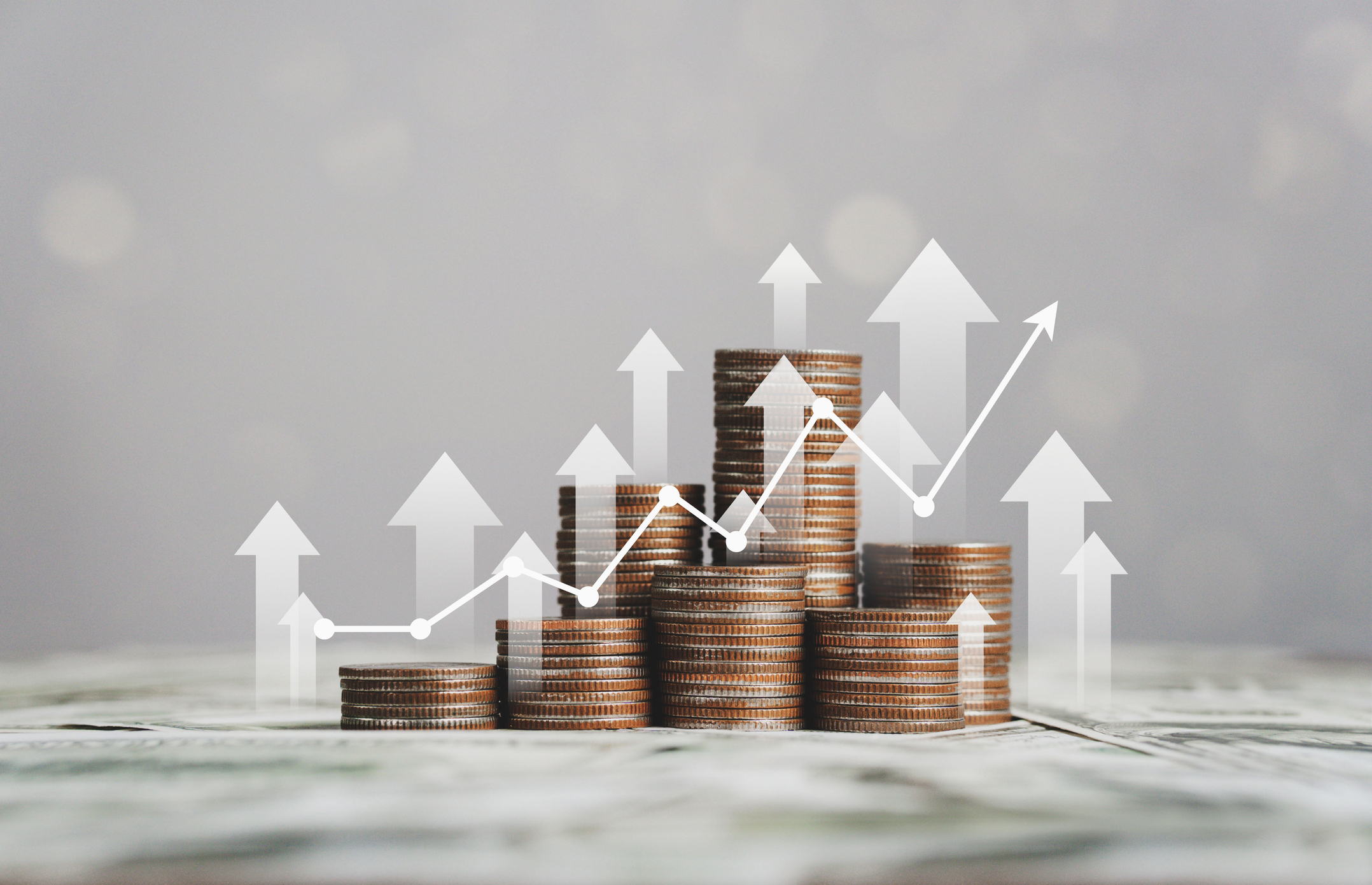For many, using credit is a normal part of handling their finances. For others, using credit can lead to uncontrolled spending, anxiety, unpleasantness or even bankruptcy. If you want (or need) to reduce your debt, here are some ideas that may help.
Develop an overall debt strategy
Borrow money for things that provide long-term and lasting value. Borrowing for college costs is probably good while charging another extravagant vacation on your credit card is probably not a good use of debt.
Credit cards
Decide on a credit card strategy. Remind yourself that every time you charge something on a credit card, you’ll still have to pay for it. Don’t charge things you can’t afford. Try to pay your entire balance each month to avoid finance charges and be sure to make the payments promptly to avoid any late payment fees.
Choose a credit card that offers the right combination of fees, rates and benefits. If you pay every credit card bill in full and don’t incur any finance charges, it may be OK to have a card that has a high interest rate but offers rewards for use (like airline miles or cash back) or has no annual fee. If you carry over balances and pay finance charges, the interest rate becomes more important.
If credit cards are too tempting, get rid of them — except in the case of actual emergencies. Using checks or a debit card can eliminate the risk of buying things when you don’t have the money to pay for them. Cash works too.
Mortgages
If considering a mortgage for a new home purchase, first identify the type of mortgage that matches your behavior. If you plan to sell your house soon, you may want an Adjustable Rate Mortgage (ARM) with a lower interest rate. If you plan to stay in the home or can’t afford any increase in payments if interest rates rise, consider a long-term fixed rate mortgage.
With current interest rates, you may want to consider refinancing your mortgage to get a lower rate. You may also wish to consider switching to a shorter-term mortgage. Depending on how the numbers work, you may be able to keep your monthly payments about the same and switch from a 30-year mortgage to a 15-year mortgage. You’ll be debt-free much sooner.
Rates
Eliminate high-cost borrowing. Determine if you can convert high-interest-rate debt to another type with lower rates. If you’re paying high interest rates on credit card balances, find a card with a lower rate, but watch out for “teaser” rates. If you have equity in your home, consider a home equity loan to consolidate all your debts at a lower rate.
Get help
What if you can’t pay your bills? This is when you should get help. First, stop incurring more debt — quit using or destroy your credit cards. Then, contact your creditors to work out a payment schedule. Explain your situation and that you want to pay what you owe. They may be able to help.
Don’t bounce checks. In some states, it’s a worse offense to write a bad check than it is to not pay your debt. In addition, you may be charged for the bad check. It looks very bad to a creditor if your check bounces.
Get professional help if you need it. There are several non-profit organizations, such as Consumer Credit Counseling, that help individuals when all else fails. They can help you create a plan to work your way out of debt. Their service is free and has helped thousands. Be very wary of organizations that offer to fix your credit rating or want you to pay a fee to get you out of debt easily.
Contact a First Internet Bank Relationship Banker at 1-888-873-3424 for questions about your everyday banking needs. Or reach out to the credit counseling folks referenced above for other assistance.




